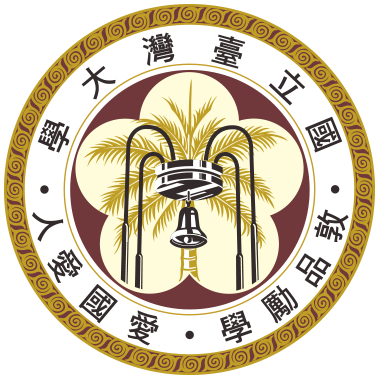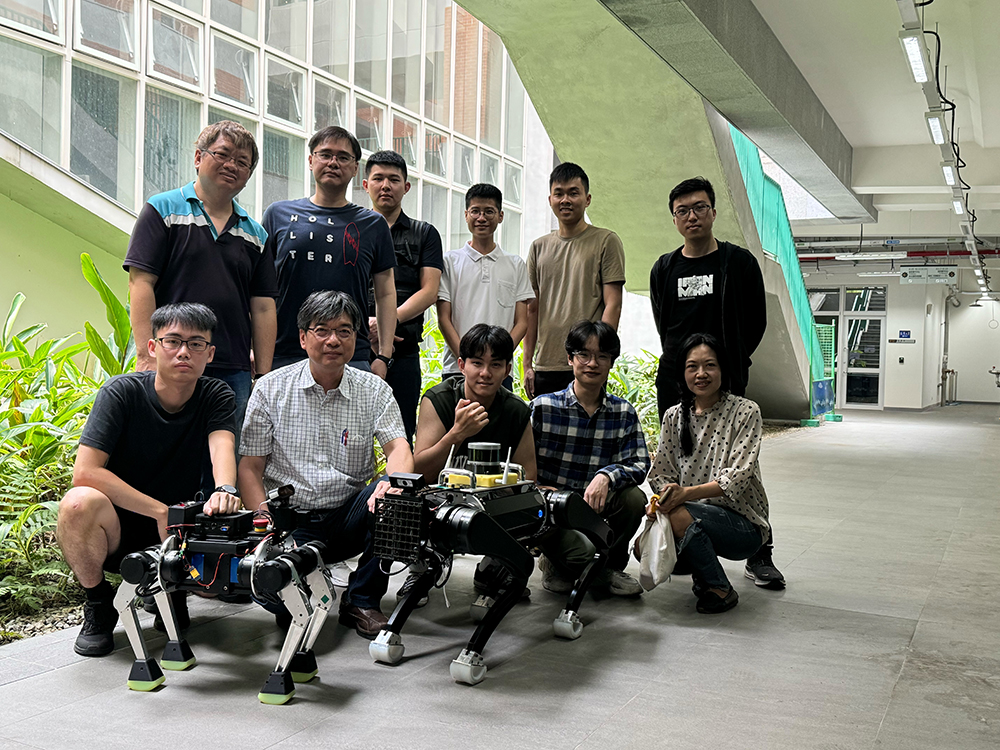National Taiwan University's Professor Kuo Chung-Hsien leads a research team that has been involved in the development of AI robot dogs (NTU DogBot), achieving initial successes and garnering coverage from several domestic media outlets. The NTU DogBot series began development in 2022, with the first generation produced using 3D printing technology, resulting in a small-sized robot dog measuring 42 cm in length and weighing 4 kg. The prototype was used to verify concepts of gait control, autonomous positioning, and navigation. Building on this foundation, Professor Kuo secured funding from the Ministry of Science and Technology and developed the second generation robot dog named Oliver in February 2024, followed by the third generation named Dustin in May 2024.
Technologically, the AI robot dogs integrate multiple disciplines including mechanical design, control engineering, gait generation, autonomous navigation, and artificial intelligence algorithms. This integration represents a high level of electromechanical design, system dynamics and control, and software integration research, presenting significant technical challenges.
Oliver and Dustin both possess autonomous navigation capabilities but differ in their functional designs. Oliver, designed as a companion robot dog, measures 54 cm in length and weighs 16 kg, featuring functions such as motion teaching, AI vision, voice and facial expression detection, and interactive control, making it suitable for household applications. Dustin, at 93 cm in length and weighing 40 kg, serves as a working robot dog for industrial inspection and item delivery. It can be equipped with various industrial sensors (sound, visual, temperature, gas, etc.) and integrates Line Bot for real-time messaging.
Internationally, robot dogs have not only been commercialized but also applied in diverse fields. For instance, the United States utilizes them for grid inspections, South Korea employs them as delivery personnel in logistics, Europe applies them for maintenance of subway tunnels and pipelines, and in Spain, robot dogs act as "tech police" to enforce traffic regulations. NTU's Mechanical Engineering department's current focus is on addressing Taiwan's severe labor shortage issues in sectors such as chemical plants, construction sites, railway vehicle maintenance yards, restaurants, and logistics. These industries are closely tied to daily necessities and activities, attracting considerable public attention and warranting accelerated research and development efforts to address societal concerns.
Source: https://www.ntu.edu.tw/spotlight/2024/2282_20240703.html


